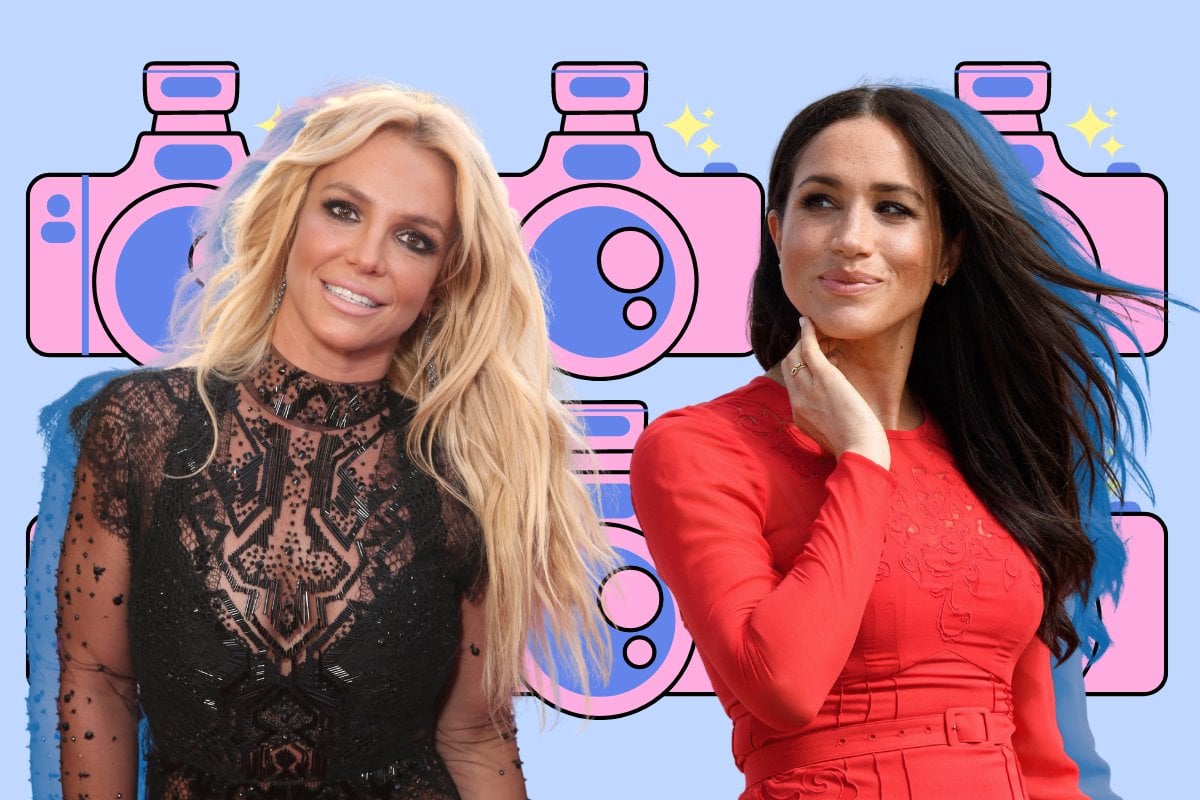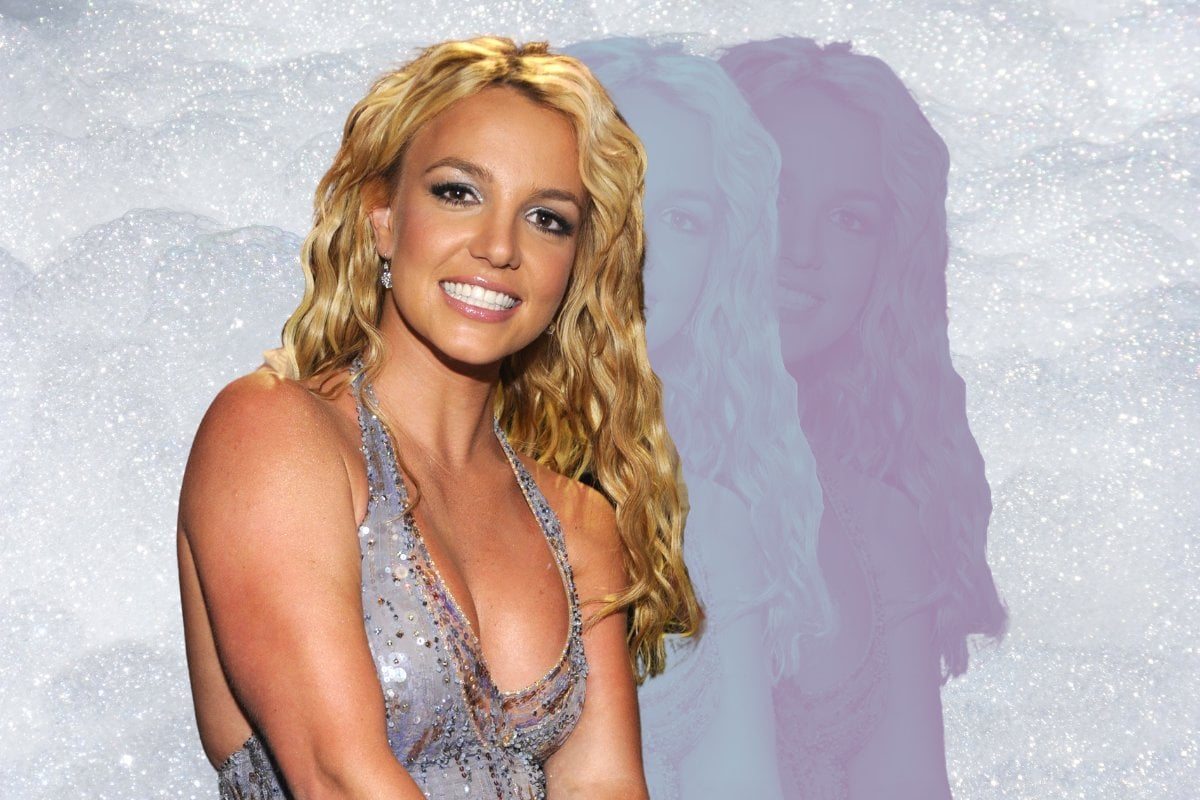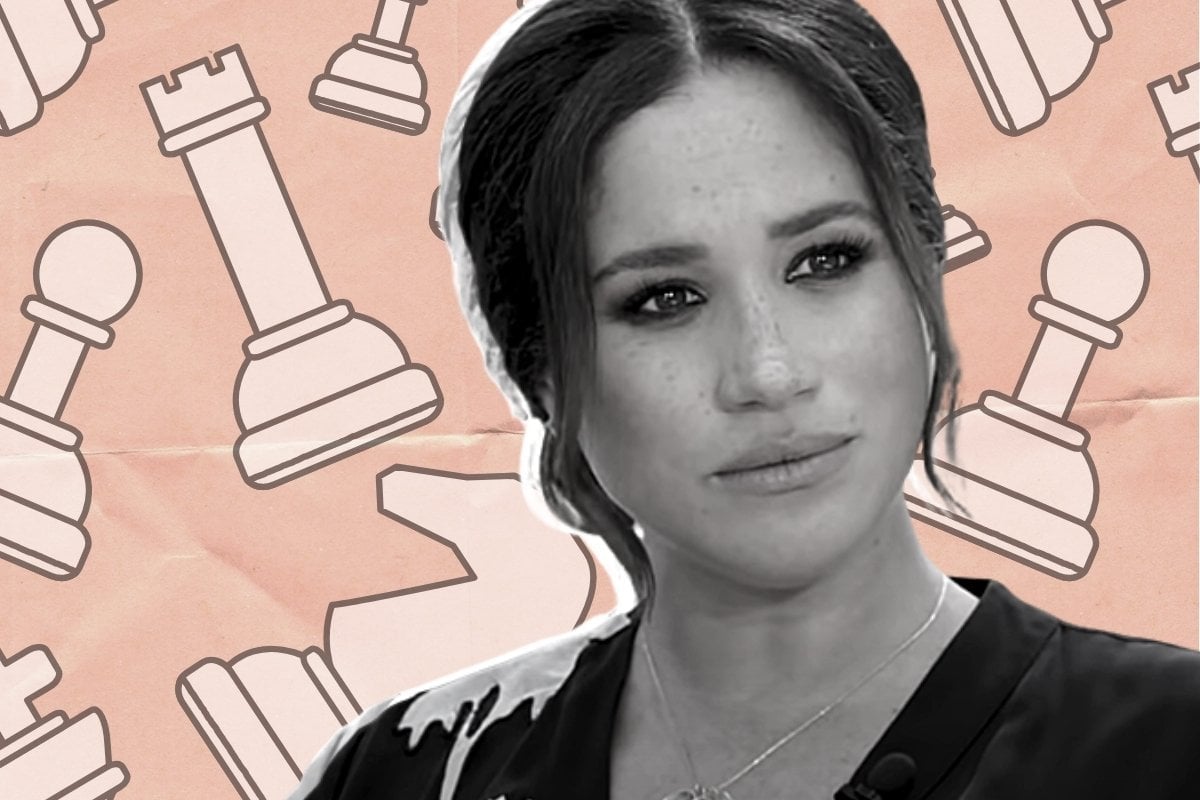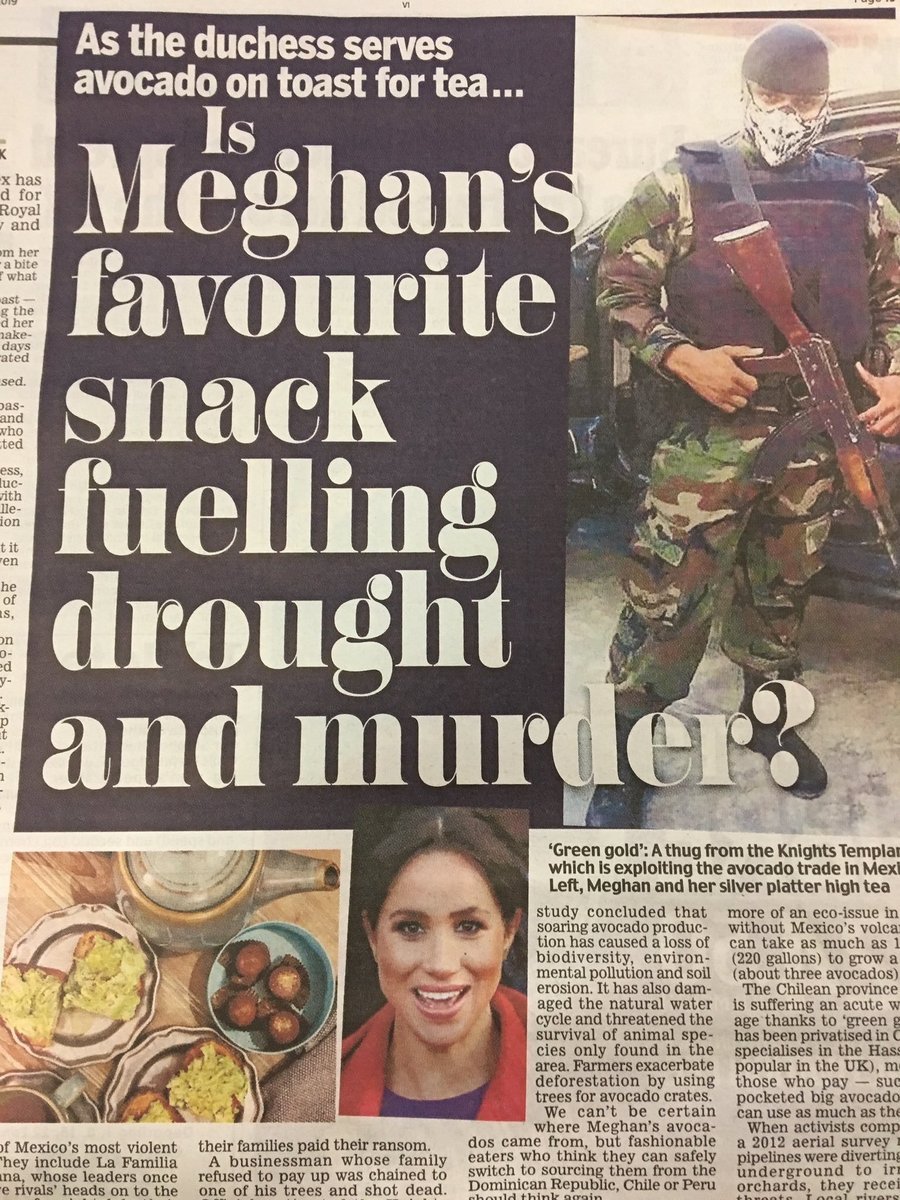
This post deals with mental health and might be triggering for some readers.
The brutal world of tabloid media and paparazzi was laid bare just last month, with the release of New York Times documentary Framing Britney Spears.
The documentary probes the circumstances and details of Britney's 13-year legal conservatorship, giving her father the power to make medical and financial decisions for her. But before it gets to this, Framing Britney Spears offers up some wider context by looking at how Britney was treated since becoming a household name as a teenager.
It's not good.
Watch: Prince Harry reflects on Meghan Markle's mental health. Post continues below video.
At multiple points, we see interviewers ask inappropriate questions. This begins when she's only 10, when the host of a talent show asks if she has a boyfriend and inquires if he could be one.
When she was 17-years-old, an interviewer made a statement about her breasts.
At 21, she was asked at a press conference about her virginity.
In 2003, Diane Sawyer told her she'd upset parents by being a 'bad example', reading a quote from the wife of a US governor, who said if given the chance she'd shoot Britney.




Top Comments